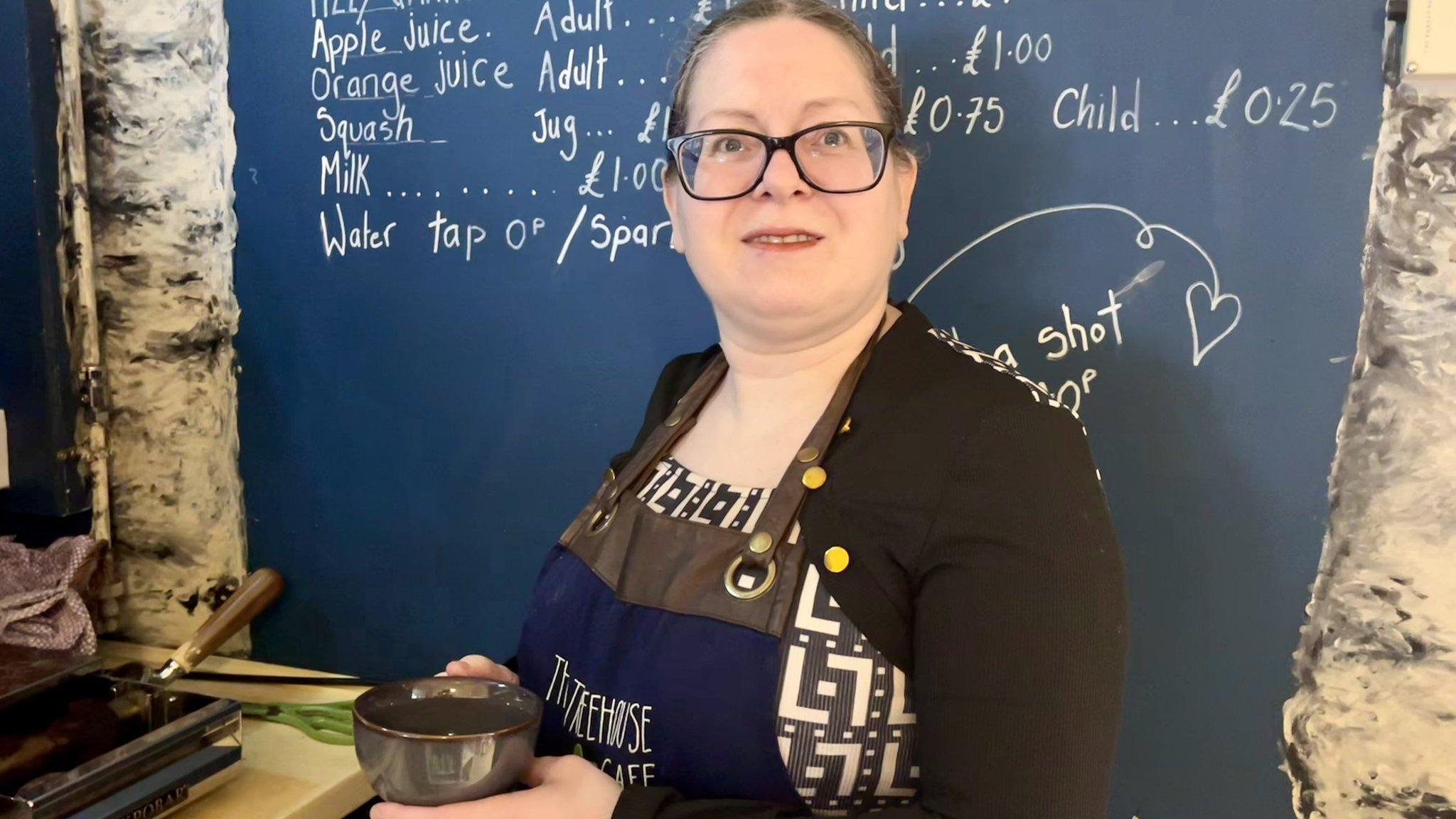Resort has 'some of the worst' childcare access

The report warned that poorer people and those in rural areas found it harder to access childcare
- Published
Families in Great Yarmouth face some of the worst access to childcare in England, a report said.
The study from the Institute of Public Policy Research (IPPR) and the Save the Children charity suggested that despite the government expansion of free childcare, poorer families and those in rural areas lack options for it.
Their research claimed that 45% of children in the borough of Great Yarmouth had poor access to good quality providers, compared to the most affluent parts of the country.
The Department for Education (DfE) said it was "determined to create a reformed, sustainable early years system".
The IPPR, a centre-left think tank, warned that the more deprived or more rural an area was, the fewer and lower-quality childcare options families tended to have.
It said the most deprived areas had 32% fewer places per child and 25% fewer good places rated "good" by the regulator Ofsted, compared to the most affluent areas.
The analysis, external suggested that part of the problem was caused by the falling number of childminders, with around 3,000 quitting every year.
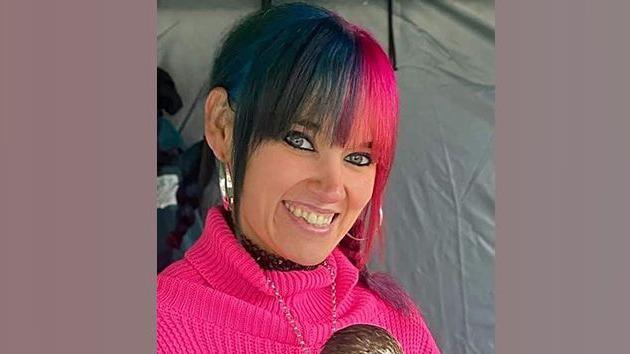
Childminder Tiffany Wells said there was a shortage of settings offering childcare in Great Yarmouth
Tiffany Wells, a childminder in Great Yarmouth, said she thought others may have left the sector because funding provided by local authorities for free childcare might not cover their hourly rates.
"If funding is not meeting how much they're charging, then they're not going to be able to pay their own bills," she said.
"Things work really well for me. My rate is lower than the funding that's offered, so I'm quite fortunate really."
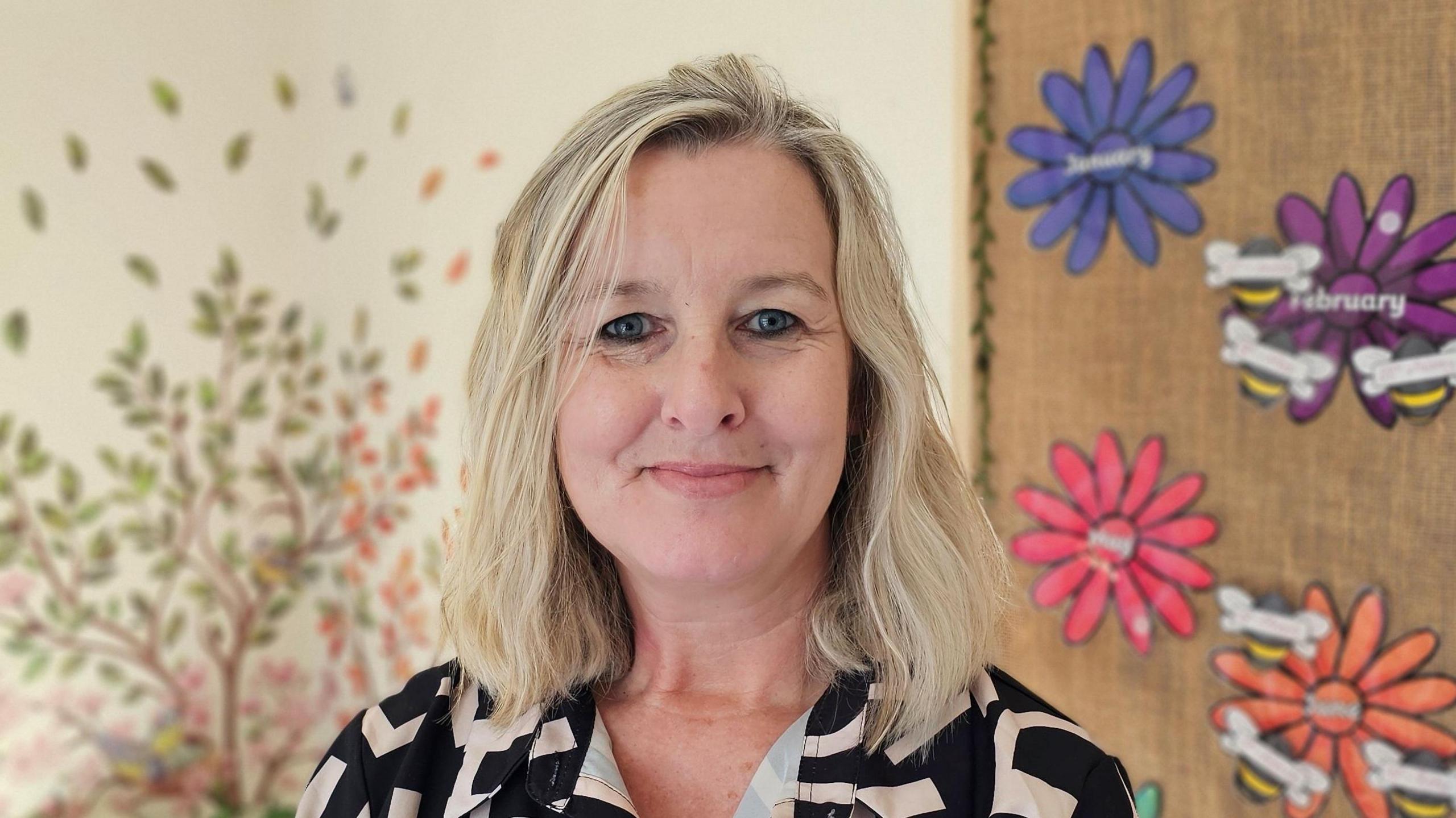
Nursery manager Lisa Spinks said many parents began looking for a nursery place while pregnant
Across Norfolk, demand for places in early years settings remains high.
At the Daisy Chain Nursery in Wymondham, which opened in May, manager Lisa Spinks said she already had a waiting list until September 2026.
"Unfortunately for some parents, that means they won't get into a nursery because the demand is so high," she said.
"There's not enough nurseries to accommodate for the children, especially now the government has brought in the funding for the younger children."
The IPPR and Save the Children suggested the government could improve the supply of childcare by establishing new not-for-profit nursery trusts to rival private equity backed for-profit chains.
They also suggested increasing funding for deprived areas and making sure that childminders were paid monthly.
A DfE spokesperson said: "We are determined to create a reformed, sustainable early years system, delivering an increase in government-funded hours, thousands of school-based nurseries and improved early language and maths support."
Follow Norfolk news on BBC Sounds, Facebook, external, Instagram, external and X, external.
Related topics
More stories like this
- Published24 April 2024
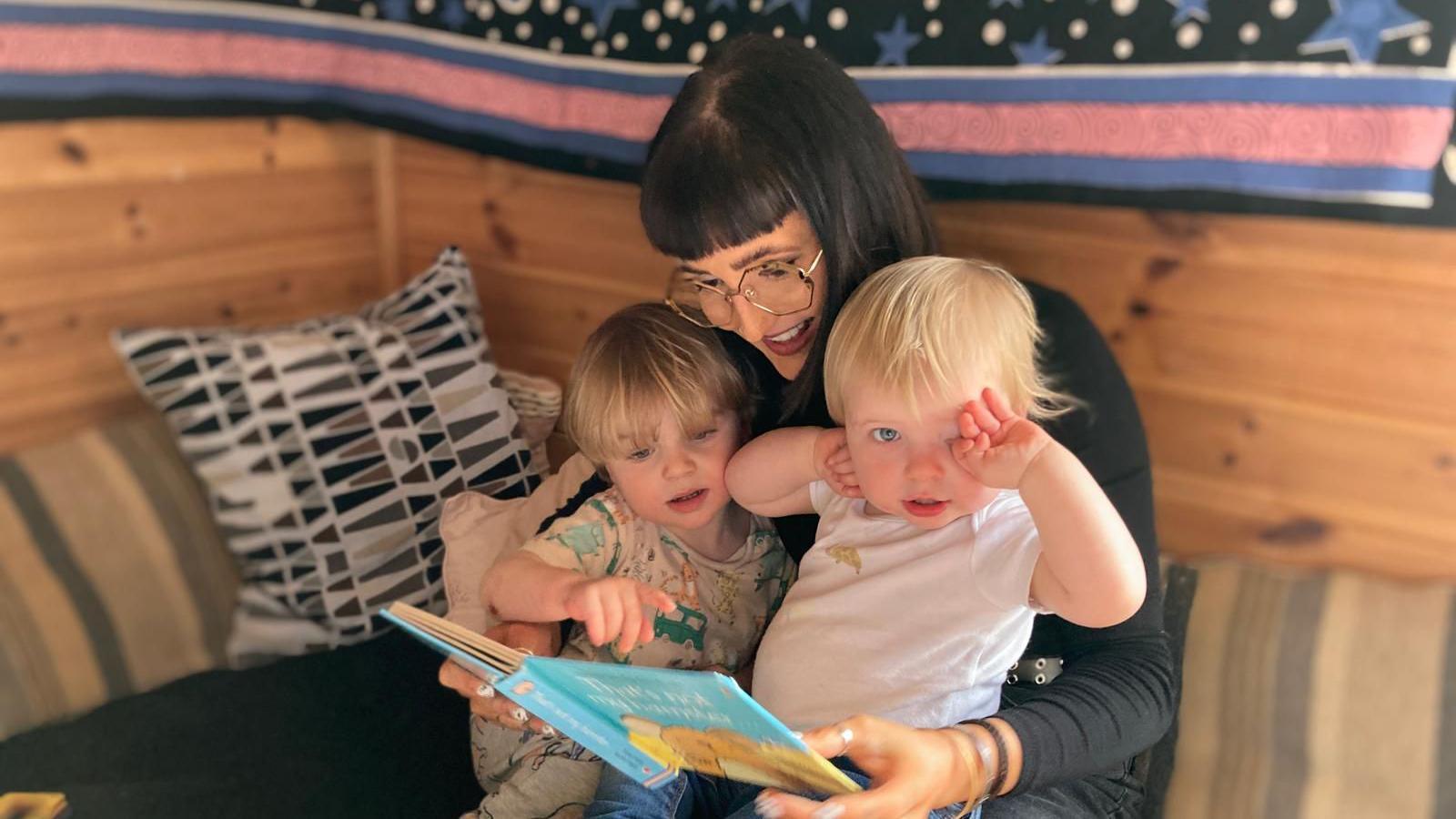
- Published19 May 2024
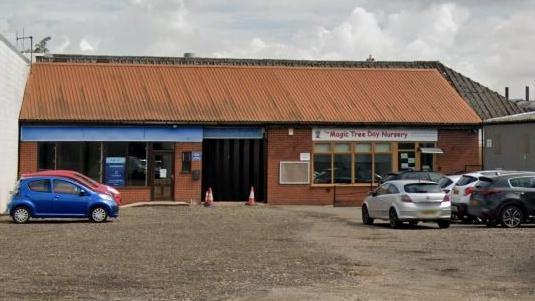
- Published12 March 2024
